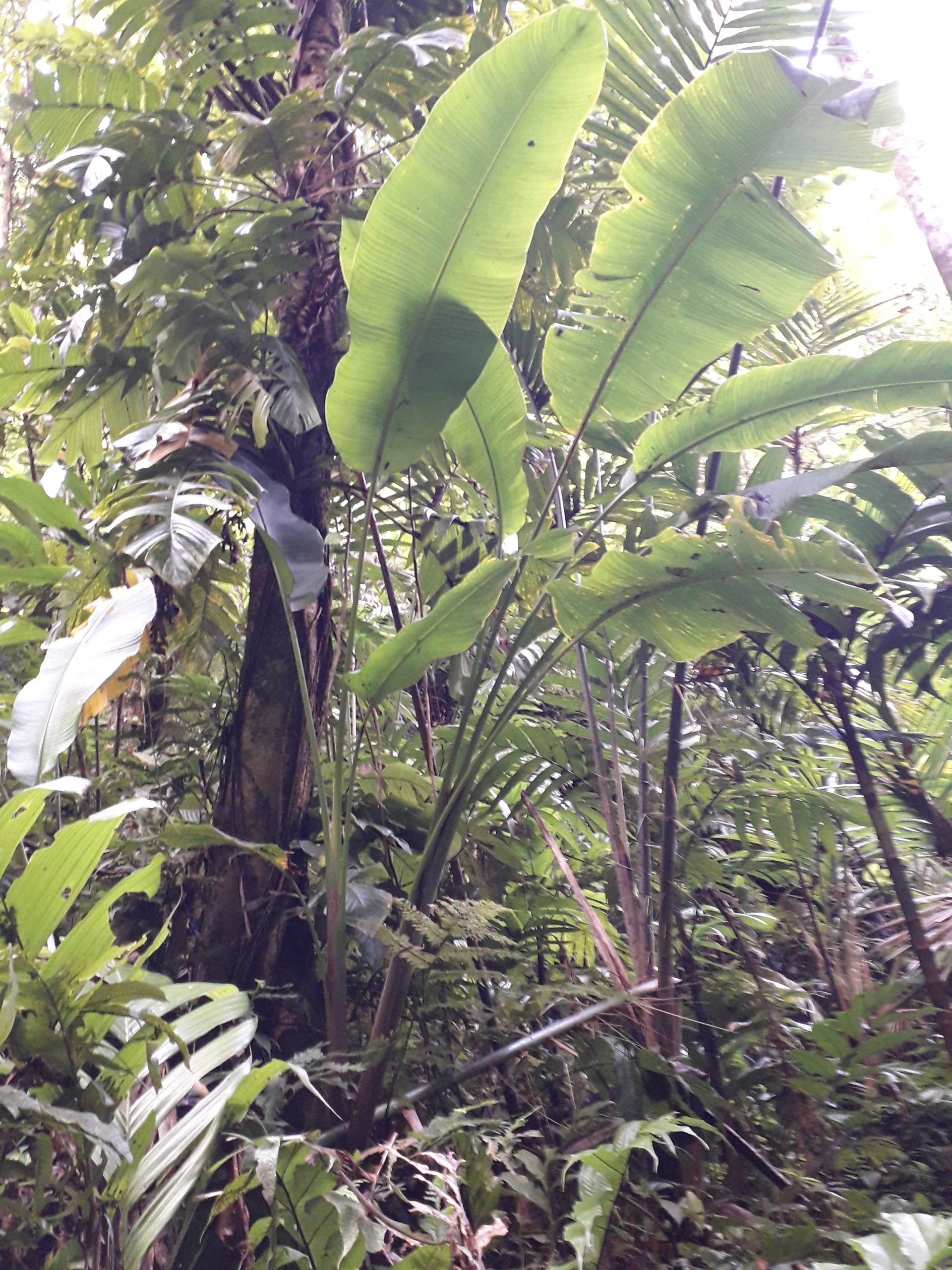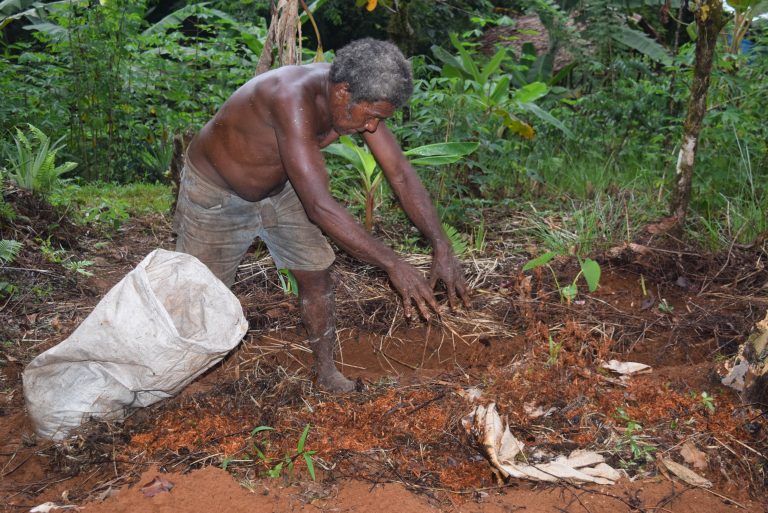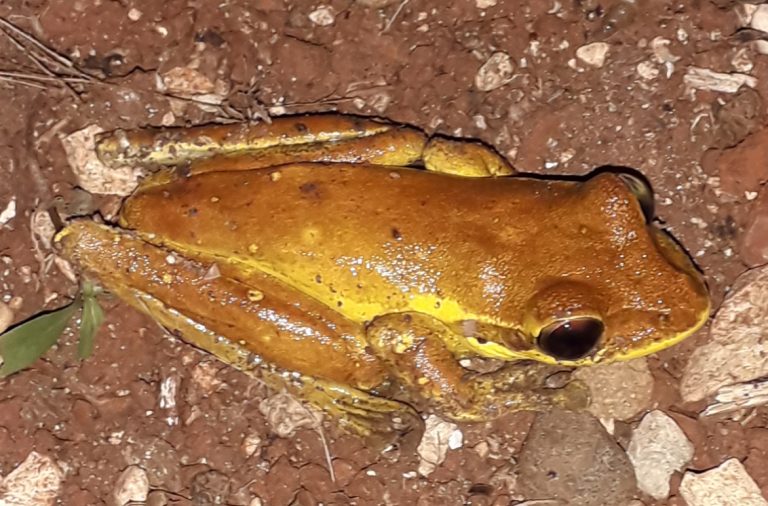Helicon Plant Species Decline in Malaita Province Raises Concerns
By LESLEY SANGA The native plant species known as Helicon Rako, or “Helicon” in the Kwara’ae dialect, is currently experiencing a decline in the Kwara’ae areas of Malaita province in…

By LESLEY SANGA
The native plant species known as Helicon Rako, or “Helicon” in the Kwara’ae dialect, is currently experiencing a decline in the Kwara’ae areas of Malaita province in the Solomon Islands. This decline has raised concerns among the local community as Helicon plays a vital role in the lives of the highland people.
The reasons behind this decline remain largely unknown.
According to Natheniel Luluania of Rabuta village in East Kwara’ae, the decline of the plant was first observed following a prolonged dry season in 2015.
“In 2015, we experienced an extended dry season that lasted for several months. After that, we noticed that the species started dying off, and now we no longer see them in certain areas,” explained Mr. Luluania.
Similarly, Fred Odo, an elder from Central Kwara’ae, confirmed that the decline also occurred in his region, yet the exact cause remains elusive.
The Helicon species holds immense cultural and practical significance for the highland people, particularly in their culinary traditions.
The leaves of Helicon are used for baking foods (Gwaabi) by spreading them before placing the food on top. This traditional method is employed during important occasions and feasts.
Alongside other plants like the prominent ginger species known as Folota, Helicon has been an integral part of their cultural practices.
The decline of the Helicon species raises concerns about the potential impact on the local community’s traditions and way of life. Efforts to understand the causes behind the decline and explore possible solutions are needed to safeguard this important plant species and preserve the cultural heritage of the highland people.
It is crucial for researchers, local communities, and relevant authorities to collaborate in conducting further studies to determine the root causes of the decline and develop conservation strategies.
By taking timely action, we can work towards preserving the Helicon species and ensuring its continued contribution to the lives of the highlands people in Malaita province.


